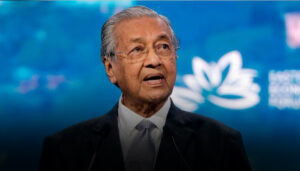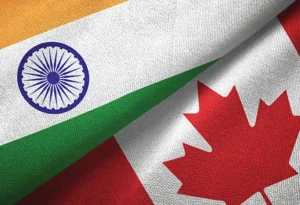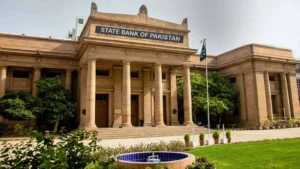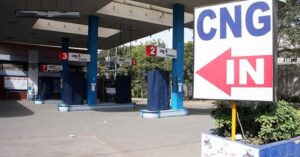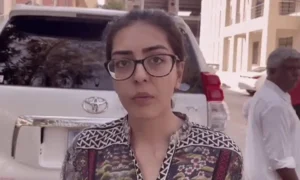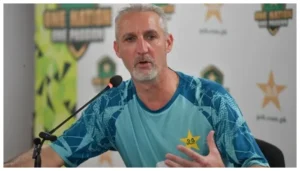” Protests and riots continue in UK cities for fourth day ” | Express News Pro

”
LIVERPOOL:
British cities witnessed a surge of violence on Saturday as police faced a fourth consecutive day of unrest following the murder of three young girls in northwest England earlier this week.
The unrest has left several police officers injured as they grappled with violent protests fuelled by false social media rumours.
The violence was ignited by false claims spread on social media that the suspect in Monday’s knife attack at a children’s dance class in Southport was a Muslim migrant. In reality, the suspect, 17-year-old Axel Rudakubana, was born in Cardiff, Wales. Despite this fact, anti-immigration and anti-Muslim protests quickly erupted in towns and cities across Britain, sparking days of violence.
On Saturday afternoon, tension was palpable in cities like Liverpool, Leeds, Manchester, and Belfast. Reuters witnesses reported large groups of rival protesters chanting slogans, leading to clashes in certain areas. In Liverpool, eggs, beer cans, and smoke grenades were hurled, while businesses in Belfast suffered property damage.
Liverpool’s police reported that multiple officers were injured while handling “serious disorder” in the city centre. Meanwhile, authorities in Hull stated that four individuals had been arrested, and three officers were hurt amidst protests involving bottle-throwing.
In response to the violence, police in Liverpool issued a Section 34 Dispersal Order to combat potential crime. An officer on a motorbike was reportedly kicked off by a demonstrator, with witnesses noting children in tears amidst the chaos as they visited the city centre to see the Disney Magic cruise ship.
Anti-fascist protesters countered the unrest, chanting “Where’s your Tommy gone?”—a jab at former English Defence League leader Tommy Robinson. Meanwhile, masked individuals attempted to charge police lines, leading to the introduction of a Section 60 order, granting police increased stop-and-search powers in Liverpool and surrounding areas like Kensington and Toxteth.
The city of Sunderland in the northeast saw some of the most intense clashes, with riots breaking out on Friday evening.
In a more extreme display of violence, hundreds of anti-immigration protesters in Sunderland clashed with police, throwing stones and setting vehicles on fire near a mosque. A car was torched, and fires were started near a police station. Four police officers were hospitalised, and 12 people were arrested, according to Chief Police Superintendent Mark Hall. He condemned the acts as “unforgivable violence and disorder” rather than legitimate protests.
The BBC reported at least 30 planned demonstrations across the UK this weekend, with counter-protests organised by anti-racism groups. The situation remains volatile, with police forces on high alert.
In Stoke-on-Trent, bricks were thrown at officers, while fireworks erupted amid tense exchanges between anti-Islamic protesters and anti-racism demonstrators in Belfast. The windows of a hotel housing migrants in Hull were smashed.
In Nottingham’s Market Square, opposing groups clashed, exchanging bottles and other items. Pro-England chants were met with boos from counter-protesters.
In Leeds, around 150 demonstrators carrying St George’s flags shouted anti-immigrant slurs, vastly outnumbered by hundreds of counter-protesters who responded with chants of “Nazi scum off our streets.”
Government response
Prime Minister Keir Starmer, who recently assumed office, condemned the far-right groups inciting violence. In a statement, he emphasised the necessity of robust police action and consulted with senior ministers on the situation. This incident marks Starmer’s first major challenge since his election a month ago.
Shadow Home Secretary James Cleverly criticised the government’s handling of the situation, stating that more needs to be done to restore public order. He called for regular updates and collaboration with tech companies to curb the spread of misinformation, urging that those engaging in violence face the full force of the law.
This wave of violence is reminiscent of the 2011 riots in Britain, which erupted after a Black man was shot by police in London, resulting in five nights of widespread unrest.
Greater Manchester Police authorised a dispersal notice for the city centre, while Merseyside Police enacted greater stop-and-search powers in anticipation of continued unrest.
”

